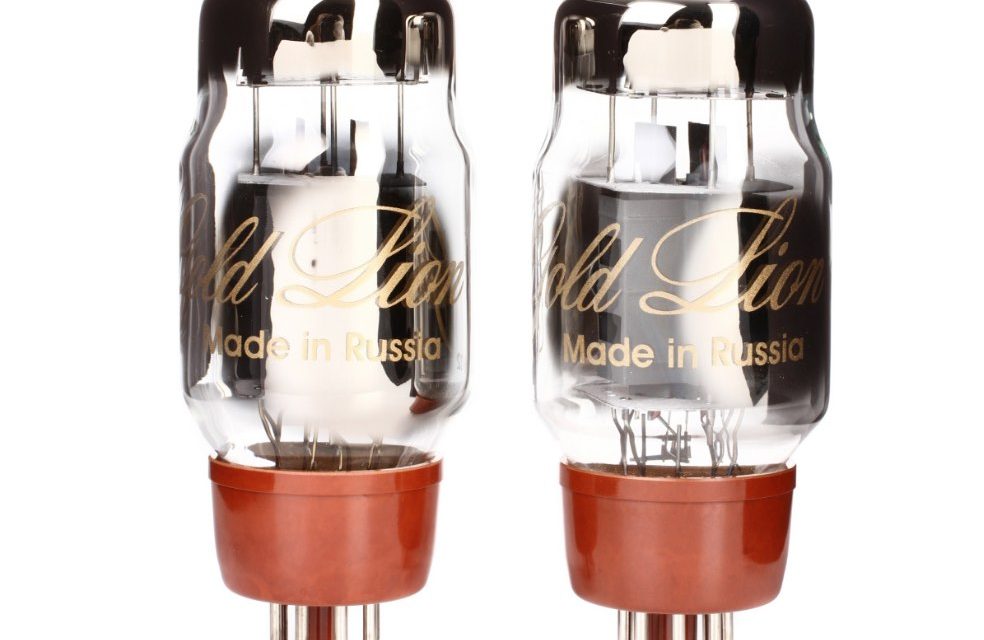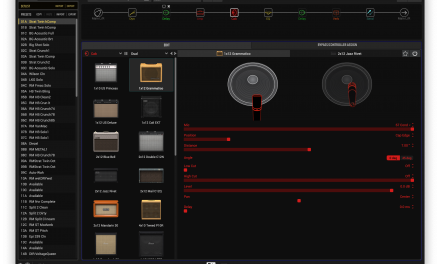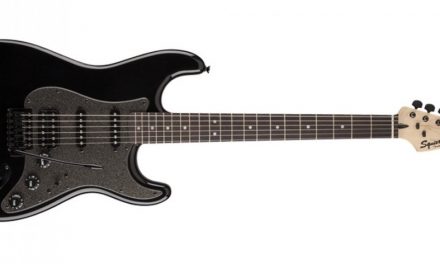Over the course of my life, I’ve recorded in everything from commercial recording studios to a garage with a cassette deck. I’ve used cheap gear and expensive gear, punched in single notes and gone entire takes, played with musicians great and terrible. And I’ve given this post a suggestive title and written this stereotypical intro because that’s what bloggers do. To make matters worse, I made a list of 10 things. That’s what gets clicks, you know. Fortunately for you, I’m not putting each tip on its own page to jack up my page counts.
Regardless, I’ve learned a lot about recording. And I’m going to share a list of “10 Dirty Secrets” with you. Why “dirty?” Because some of them would make guitar builders unhappy. Let’s go.
- The amp matters far more than the guitar in terms of overall sound. Assuming you’re using a tube amp, that is. I have a few guitars with humbuckers – Epiphone ES339, Epiphone Les Paul with DiMarzio Super Distortion, Gibson Les Paul with Dirty Fingers, PRS SE Custom 24 with Seymour Duncan Pearly Gates, and a Squier Jagmaster with GFS Alnico II’s. When I put them through my Peavey tube head into a Celestion Seventy-80 12 inch speaker, set to fairly dirty, guess what? They all sound very similar. I can tell them apart. Some sound better than others. But in a mix, I’m not sure I could tell them apart, and we’re talking about recording. Epiphone Les Paul owners rejoice – put a good pickup in that thing, and you can record with it just fine. As long as you’ve got a good tube amp.
- In a recorded track, pickups matter more than the guitar, assuming the guitar is at least decent. Don’t skimp on your amp or your pickups.
- You do need a tube amp and a good speaker. But the difference between a 10 inch speaker and a 12 inch speaker isn’t huge in a recording. They can sound very different in a room, but stick a mic in front of the speaker and they’ll sound more alike. You CAN notice the difference in a mix between a good tube amp and your old POD II.
- You do NOT need to crank a modern amp to get a great recorded tone. If you have something like a Shure SM57 positioned in front of the speaker to taste, and you’ve put up some nice padding around the speaker to keep out the small room reflections, you don’t need to crank it. You do, however, need it to be fairly loud. If you’re recording a guitar speaker at conversation volume, it’s going to sound thin and wimpy. If your amp is set to be loud enough that you have to shout to talk over it, that’d be about right.
- You do not need a 4 twelve cabinet to record. You aren’t going to mic all four speakers are you?
- You don’t need a thousand dollar ribbon mic to add to your SM57. The SM57 alone can give you a good sound.
- You will need to eq your recorded guitar track, but you have to do it while listening to the whole mix. You don’t mix your guitar to sound good in isolation – it needs to fit in the track. Sometimes that means getting rid of the bottom end. It depends on the track.
- You CAN get away with recording something like a POD II directly. I know I said it doesn’t sound as good as a tube amp, and you can tell the difference – both true. But in a mix, as long as you have good ears, it’s possible to make the track work. YOU can tell the difference, but non-musicians won’t care.
- A good compressor can make a world of difference, especially on a clean guitar. If your guitar is a little plinky (lacking sustain on single notes) a compressor will make it and you sound a lot better on the recording. Cheap guitars have little sustain, expensive guitars have more. A Compressor can make your cheap guitar sound expensive.
- Sometimes things don’t make any sense. Your hundred dollar Squire sounds better than your two thousand dollar Les Paul on a specific track. Go with it! The song is king. The song doesn’t read the label on the headstock.
In conclusion, you need to spend some money and get a good tube amp. And you need some good pickups. But for recording, the brand of guitar doesn’t matter that much. If you have the money, you might think that the small differences you hear are worth whatever money it costs. Could be. I recorded a hundred dollar acoustic guitar and a thousand dollar acoustic guitar, and the thousand dollar guitar track sounded better… but not 10 times better, not mixed into the track. I’m not convinced it sounded twice as good. You can pay a lot of money for very small improvements in sound. And that’s OK, as long as you understand what’s going on. But for the budget conscious, do not let cheap gear be your excuse. Most people can’t even hear the difference.





